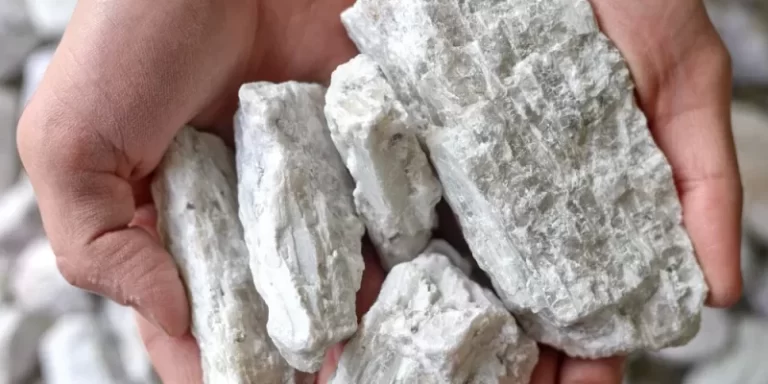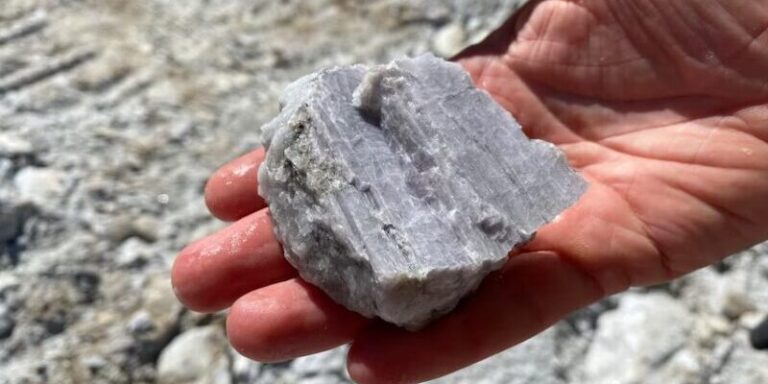
Chilean state company Enami is expected to secure a lithium operating license by the end of 2024, enabling it to finalize partnerships for the Altoandinos project in the northern desert’s salt flats.
This milestone will mark the first lithium project under President Gabriel Boric’s public-private extraction strategy, aimed at doubling the nation’s lithium output.
The Altoandinos project has successfully navigated the community consultation process, receiving consent from all six local indigenous communities.
This progress allows for the issuance of necessary permits, according to Enami CEO Iván Mlynarz.
“The commitment from the Mining Ministry is to finalize the license by the end of December,” Mlynarz confirmed in an interview.
While the Chilean government will retain control of projects in the country’s two largest salt flats, the Altoandinos project represents a shift.
Enami has been authorized to transfer operational control to private partners, enabling a collaborative model.
Enami has shortlisted four companies for project development:
- Rio Tinto Group
- China’s BYD Co.
- France’s Eramet
- South Korea’s Posco Holdings
Two additional firms, China’s CNGR Advanced Material Co. and LG Energy Solution, are contenders to provide financing in exchange for a share of production.
In a parallel effort, companies are competing to supply direct lithium extraction (DLE) technology for the project. Chile is championing DLE as a more environmentally friendly alternative to traditional evaporation methods.
The Altoandinos project spans three salt flats in the Atacama region and is projected to produce 20,000 metric tons of lithium annually by 2032, ramping up to 60,000 metric tons by 2037. The initiative will require an estimated investment of $800 million to $1 billion.
Enami plans to finalize its choice of development partners by April or May 2025. With lithium prices expected to rebound from recent lows, prospective partners are optimistic about the project’s long-term potential amid a stabilizing battery supply chain and growing electric vehicle demand.
The Altoandinos project underscores Chile’s commitment to sustainable lithium production and its role as a leader in the global energy transition.







